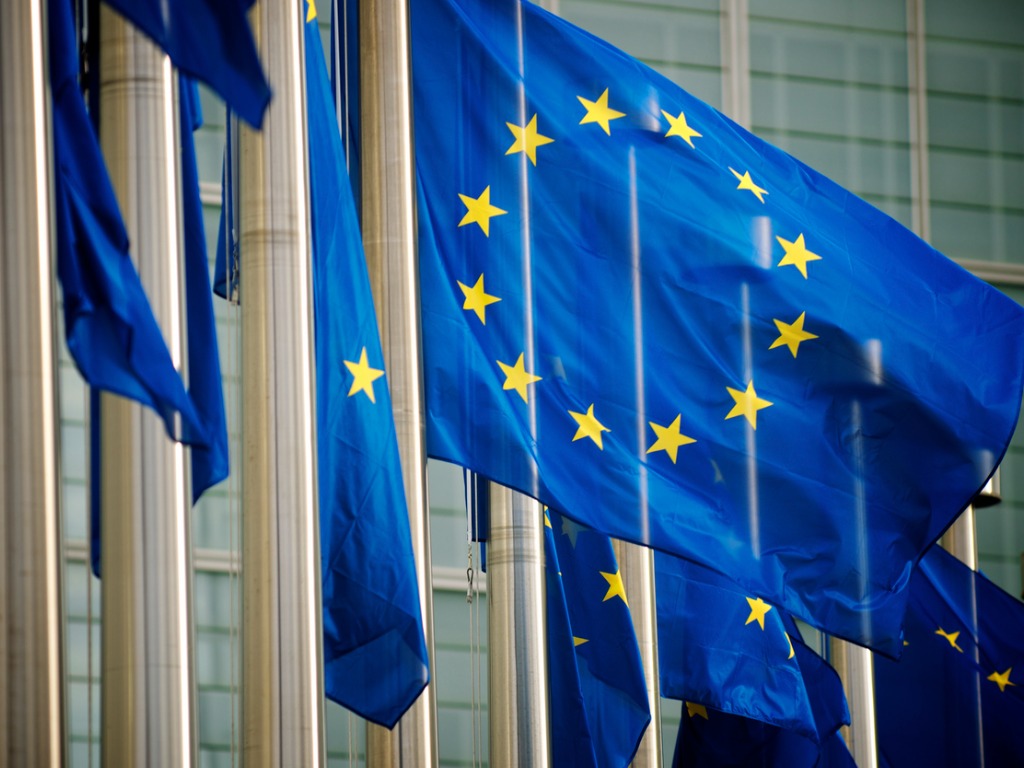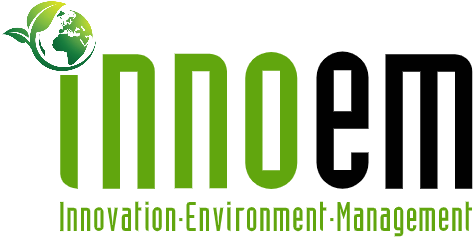
Proposals would postpone sector-specific and non-EU company sustainability reporting rules
The European Commission announced plans to delay key aspects of its Corporate Sustainable Reporting Directive (CSRD), including the adoption of requirements for companies to provide sector-specific sustainability disclosures and for sustainability reporting from companies outside of the EU.
The announcement was made as part of the Commission’s release of its 2024 Commission Work Programme, which sets out its list of actions it will take over the upcoming year. One of the 2024 programme’s priorities includes the reporting burden for companies associated with reporting requirements, with the Commission including the postponement of the deadline for the adoption of sector-specific European Sustainability Reporting Standards (ESRS) as one of the key actions listed.
The ESRS sets out the rules and requirements for companies to report on sustainability-related impacts, opportunities and risks under the EU’s upcoming CSRD, which remains on track to begin applying from the beginning of 2024.
The first set of ESRS rules, which were adopted by the Commission in July 2023, set out sector-agnostic sustainability reporting requirements, while the CSRD subsequently required the adoption of sector-specific ESRS by the end of June 2024, outlining sustainability information for companies to report relating to the industries in which they operate.
According to a proposal released alongside the work programme, the Commission is aiming to postpone the adoption date for the sector-specific ESRS by two years.
The CSRD also included a requirement for large non-EU companies that operate in the EU to provide sustainability reporting, with ESRS adoption of rules applying to these businesses also scheduled for the end of June 2024, and with reporting requirements to begin in 2028. Under the new proposal, the Commission also recommended delaying the adoption of these rules by 2 years.
According to the Commission’s proposal, the postponement of each of these rules will fulfill objectives including “allowing companies to focus on the implementation of the first set of ESRS,” “ensure that EFRAG has time to develop sectoral ESRS that are efficient,” and “limit the reporting requirements to the minimum necessary.”
The Commission’s work programme for 2024 also listed several sustainability and climate-related actions, particularly related to the EU Green Deal, which it included as one of the EU’s headline ambitions. Proposals in the plan include launching the process to establish a 2040 climate target, presenting the European wind power package aimed at accelerating the deployment of wind turbines, launch an initiative on industrial carbon management including a strategy for sustainable carbon capture, utilization and storage (CCUS), and adopt an initiative on water resilience.
The Commission also urged the finalization on remaining proposals under the green deal initiative, including areas such as sustainable farming and food security, circular economy proposals including the ecodesign requirements for sustainable products, waste and packaging, and on bringing into law proposals on nature restoration, classification, labelling and packaging of chemicals, air quality, urban wastewater treatment, and surface and groundwater protection.
